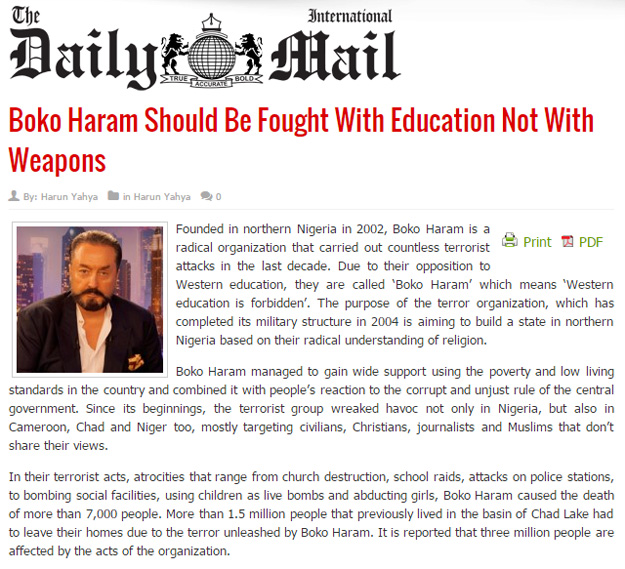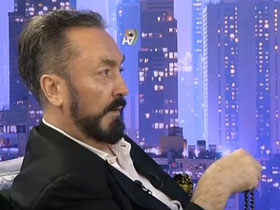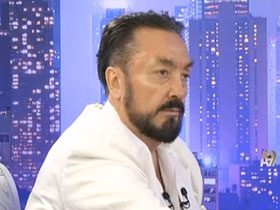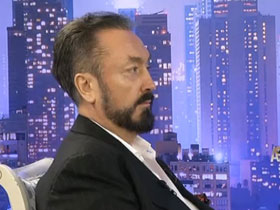Bigotry: The Dark Danger
Boko Haram Should Be Fought With Education Not With Weapons
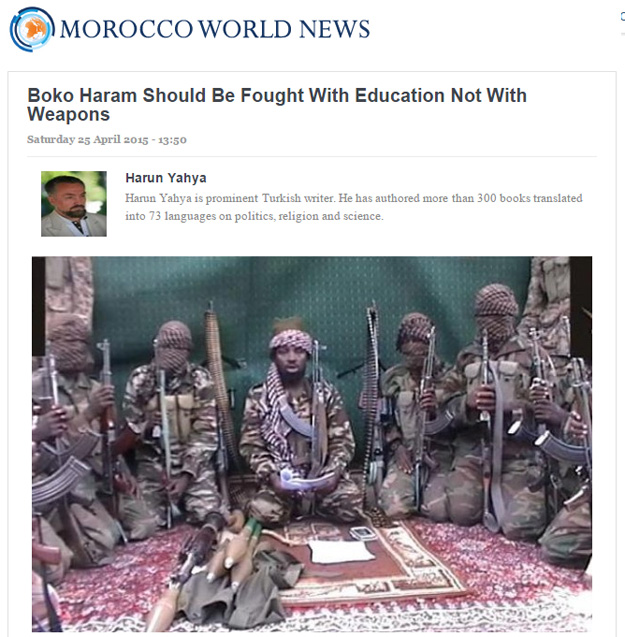
Founded in northern Nigeria in 2002, Boko Haram is a radical organization that carried out countless terrorist attacks in the last decade. Due to their opposition to Western education, they are called ‘Boko Haram’ which means ‘Western education is forbidden’. The purpose of the terror organization, which has completed its military structure in 2004 is aiming to build a state in northern Nigeria based on their radical understanding of religion.
Boko Haram managed to gain wide support using the poverty and low living standards in the country and combined it with people’s reaction to the corrupt and unjust rule of the central government. Since its beginnings, the terrorist group wreaked havoc not only in Nigeria, but also in Cameroon, Chad and Niger too, mostly targeting civilians, Christians, journalists and Muslims that don’t share their views.
In their terrorist acts, atrocities that range from church destruction, school raids, attacks on police stations, to bombing social facilities, using children as live bombs and abducting girls, Boko Haram caused the death of more than 7,000 people. More than 1.5 million people that previously lived in the basin of Chad Lake had to leave their homes due to the terror unleashed by Boko Haram. It is reported that three million people are affected by the acts of the organization.
This radical group abducted some 300 girls in Chibok Borno State in northeast Nigeria last year.
In 2015, they stepped up the scale of violence in their attacks and almost wiped out the towns of Baga and Doron Baga in northeast Nigeria in January. More than three thousand buildings were destroyed in these towns.
In this ‘biggest and bloodiest’ act by Boko Haram, in the words of Amnesty International, the militants started randomly firing at civilians, and torching buildings, killing 2,000 people as a result.
Joining forces against Boko Haram
After the radical group intensified its attacks in Nigeria’s neighboring countries, four West African countries declared an alliance against Boko Haram, which has now sworn allegiance to ISIS. During the three-day summit attended by delegates of the UN and the African Union in January, Nigeria, Cameroon, Benin, Niger and Chad discussed military plans against Boko Haram. As a result of the discussions, the consensus was that the organization was a threat not only to those countries, but to the whole African continent.
They agreed to build a military force of 10,000 soldiers in these meetings, and following the summit, the armed forces of Chad and Niger started a large military campaign using land and air forces. It was reported that the coalition powers, based in Chad’s capital N’Djamena, managed to seize back at least 30 towns previously controlled by Boko Haram. According to US intelligence officers, Boko Haram has somewhere between four to six thousand fighters.
Representatives from countries like Gabon, Central African Republic, Burundi, Angola, the Democratic Congo Republic and Cameroon have met in Cameroon’s capital Yaounde to negotiate the next steps to be taken against Boko Haram.
South Africa is one of those countries volunteering to fight against Boko Haram. Paul Koffi, the Minister of Defense of Cote d’Ivoire, said during a press conference held in Abidjan, ‘This is a regional, actually, an international problem. This is something that the countries should join forces to fight. Therefore, it is necessary that Cote d’Ivoire also joins in this effort.’
The solution is clear. But is a solution really wanted?
Most recently, Boko Haram militants, posing as mosque imams in a village mosque, started shooting the Muslim congregation that went there to listen to them. 24 Muslims fell as martyrs in this cowardly and despicable attack, while many were injured.
It is essential that the extremely violent acts of Boko Haram are stopped. However, as we always explain, violence, terrorism and radicalism can never be stopped with military methods. On the contrary, history has proved over and over again that military solutions only exacerbate the problem.
In addition, it is a clear fact that military campaigns and airstrikes cause civilian causalities, just as in the cases of Iraq, Libya and Yemen and in those airstrikes against Boko Haram.
For this reason, the only solution is providing accurate education where the perversion of radicalism is disclosed by means of the true Islam explained in the Qur’an, where the errors and mistakes of the radicalism is fully shown and where Islam, the religion of peace, love and compassion is explained comprehensively.
When it is clearly explained that a radical understanding of religion is not the true religion, the entire erroneous ideological background of the radical groups will collapse. This will help clear the minds of their recruits, deluded and brainwashed through radical views and propaganda, and they will save themselves from the organization by having come out of the hypnosis. With the right kind of education, the bigoted supporter base for these radical groups will be illuminated and as a result, they will cease their support. Thus, the radical organizations, who no longer have the mass advocacy of their supporters, and who were only toys for international intelligence services, deep-state organizations and superpowers, will be history for good.
This is the only solution. That is, if a solution is really wanted!
Adnan Oktar's piece on Morocco World News & Daily Mail:
http://www.moroccoworldnews.com/2015/04/157037/boko-haram-fought-education-not-weapons-2/
http://dailymailnews.com/2015/05/03/boko-haram-should-be-fought-with-education-not-with-weapons/
